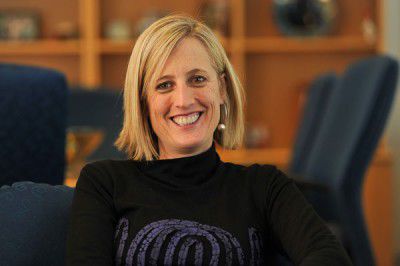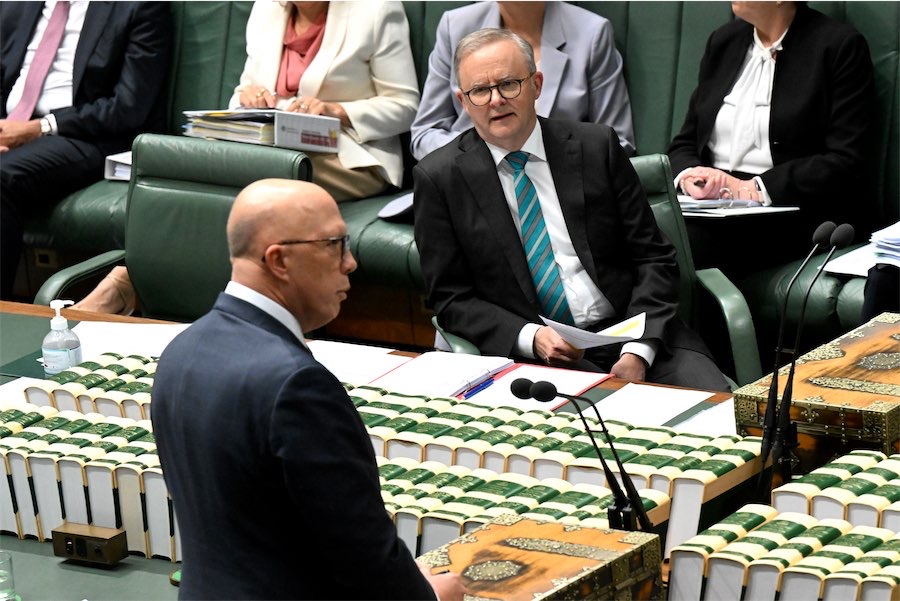
Politicians expect to take the flack – “if you can’t stand the heat – get out of the kitchen” was a favourite retort of first-ACT Assembly MLA Ellnor Grassby. But all politicians react vigorously when the members of their own family are dragged into the political melee. There might be some sympathy for others – but political outcomes are invariably more important than the momentary anguish.
Chief Minister Katy Gallagher’s sister has joined a long line of useful political relatives. Bob Katter’s gay half-brother Carl was used supposedly to expose hypocrisy. It is a similar story with Tony Abbott’s sister, Christine Forster. Somehow, their sibling’s choices were supposed to influence their opposition to gay marriage. Tanya Plibersek had to deal with press revelations of her husband, Michael Coutts-Trotter’s teenage involvement in heroin trafficking, his prison term and his rehabilitation.
A few years ago I identified some of the downsides for the immediate family of a politician. The argument was that the role of family in politics is really a raw deal not only for the spouse, but for the children. The same is true for siblings. At a time when the elected member is at the height of influence, making a difference in the community, relishing power relationships and making decisions that will have long-term impact; the rest of the family try to get on with their own private lives.
However, in most cases, public life spills into the family’s private domain and partners and children have no choice but to deal with the backwash. The issue is much broader than the likelihood that the person is working long hours and will be attending many evening meetings in the electorate. The most difficult thing for family is the disempowerment.
When a public figure is being criticised the politician has the tools available to deal with the comments. They can reinforce their own ideas, generate and flick out a press release, stand up in parliament or before a committee and justify their actions. Most commonly they may create a diversion by raising another issue (often more controversial) that does not impact in such a personal way. They can also choose to ignore disparaging remarks and to lie low until the matter passes. Throughout the process they have staff and political colleagues who can provide advice and reassurance.
It is not the same for family members, who are invariably in a quandary attempting to choose between supporting the public figure and the public stance or attempting to distance themselves. Even when they disagree with the partner, sibling or parent on a specific matter, the choice has to be made either to be seen as disloyal or to attempt to justify the standpoint. It is a Hobson’s choice!
The exposure of Katy Gallagher’s sister through the diddling of the Canberra Hospital’s emergency waiting list figures clarifies that this issue applies broader than the immediate family.
Members of the public rarely recognise this predicament when chatting to extended family members. The shame is that when one politician is dragging another’s family member into the mire of politics, they do not apply the acid test of “do to others as you would have them do to you”.
Michael Moore was an independent member of the ACT Legislative Assembly (1989 to 2001) and was minister for health.
Who can be trusted?
In a world of spin and confusion, there’s never been a more important time to support independent journalism in Canberra.
If you trust our work online and want to enforce the power of independent voices, I invite you to make a small contribution.
Every dollar of support is invested back into our journalism to help keep citynews.com.au strong and free.
Thank you,
Ian Meikle, editor





Leave a Reply